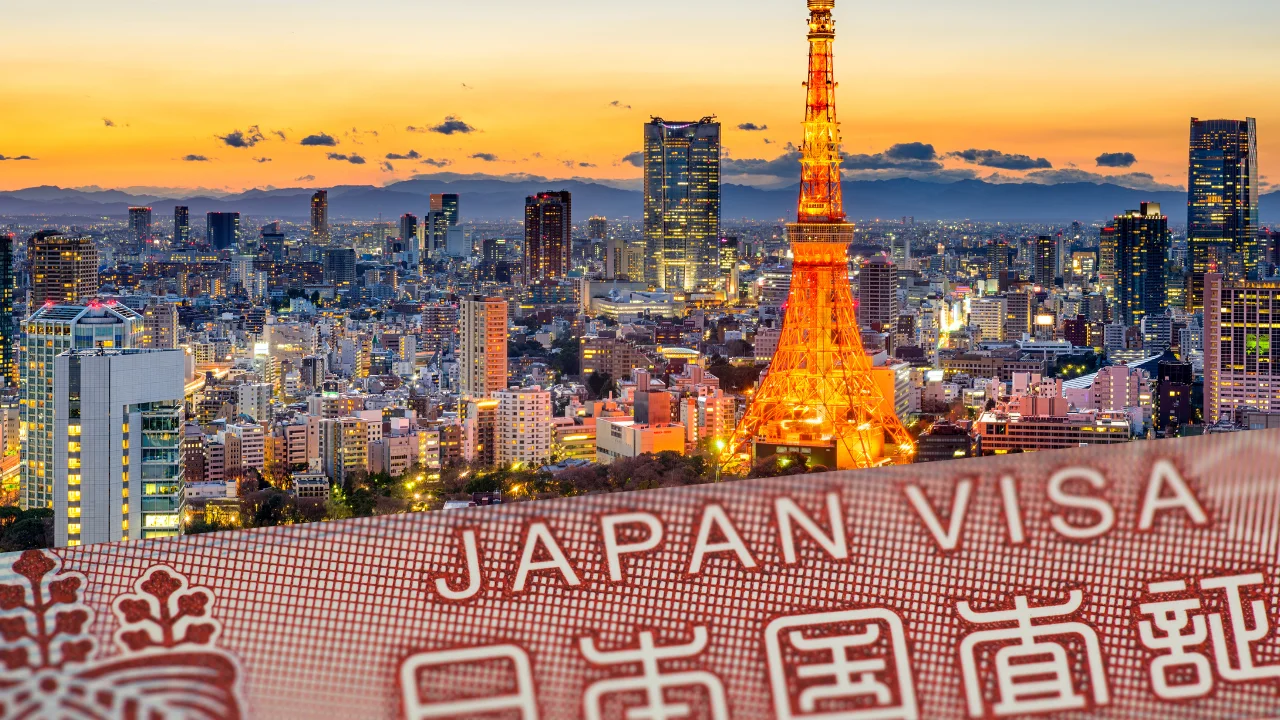
The Japanese government is planning a wave of fee and tax hikes aimed at foreign nationals, including an increase to the airport departure tax and new charges for visa processing and pre-entry screening.
Officials have justified the move by stating that Japan’s current fees are significantly low by international standards.

The government intends to use the new revenue to alleviate airport congestion and strengthen screening processes.
However, a proposal is also on the table to use a significant surplus from this revenue to fund domestic policies, such as the expansion of free high school tuition, which is a policy agreed upon by the ruling coalition.

Securing a stable funding source for such policies has proven difficult, and this new plan shifts part of the financial burden onto foreign nationals, who do not have voting rights in Japan and are less likely to generate a political backlash.
One of the key changes being considered for fiscal year 2026 is an increase in the international tourist tax, also known as the “departure tax.”
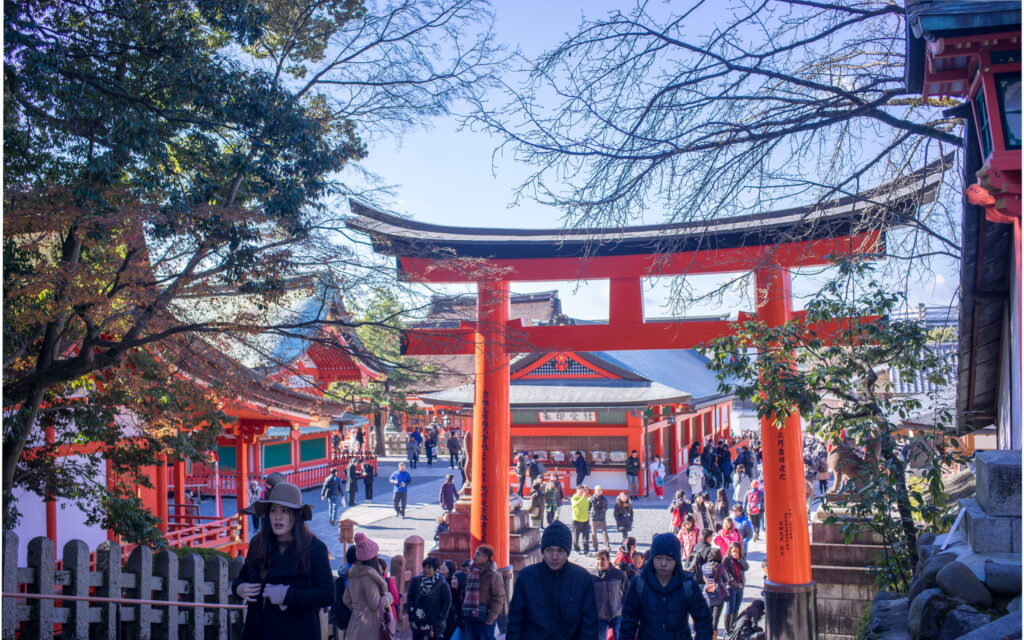
Currently, every passenger departing Japan is required to pay a levy of 1,000 yen ($6.70 USD).
The government is looking to raise this, citing higher fees in other countries, such as the $22.20 USD (3,300 yen) levy in the United States.

To avoid increasing the burden on its own citizens, the government has floated the idea of lowering the fees for Japanese passport renewals.
The government also plans to introduce the Japan Electronic System for Travel Authorization (JESTA) in fiscal year 2028.

This will require pre-screening for foreign nationals entering from visa-waiver countries, and a new fee will be charged for the service.
Japan’s entry-related fees have long been considered low by global standards.
Visa fees, for example, have not changed since 1978.
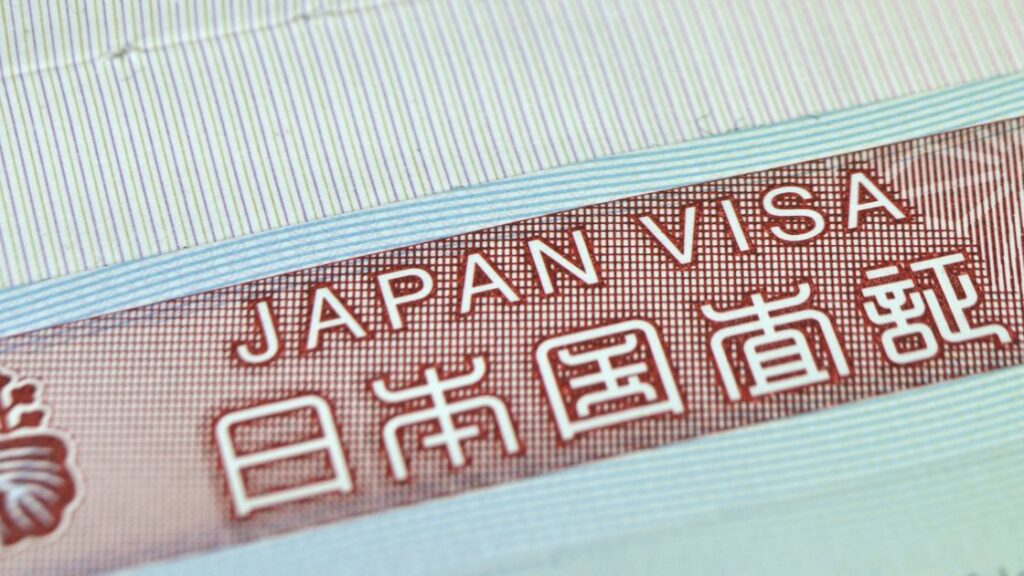
A single-entry visa to Japan costs about 3,000 yen, compared to $185 USD (28,000 yen) for a U.S. visa or 90 euros (16,000 yen) for EU countries.
According to government sources, the new revenue from these increased fees could generate around 300 billion yen, which would help fund the 400 billion yen needed for the free high school tuition expansion.
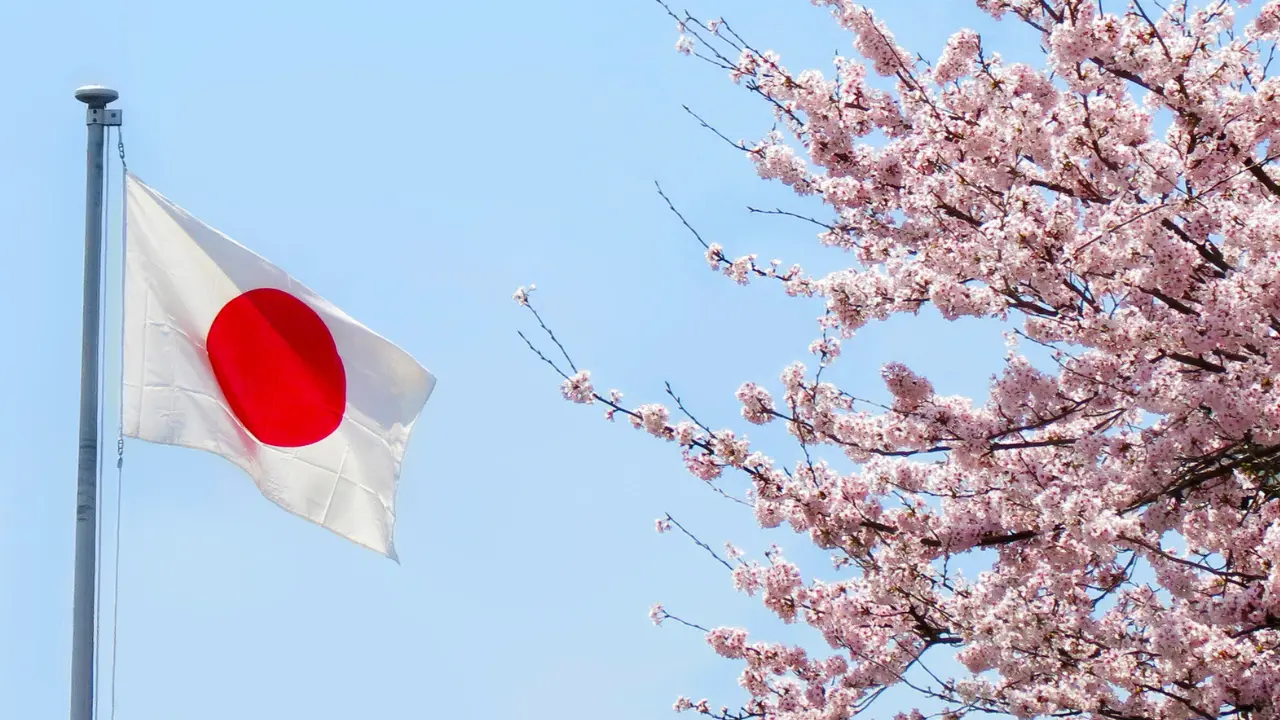
While some officials agree the fee updates are long overdue, experts have urged caution.
Hideaki Tanaka, a professor of public finance at Meiji University, said:
“We must be careful not to impose an excessive burden that could hinder international exchanges.”
Source: The Asahi Shimbun
This post may contain affiliate links, and Essential Japan may earn a commission if you purchase through them.

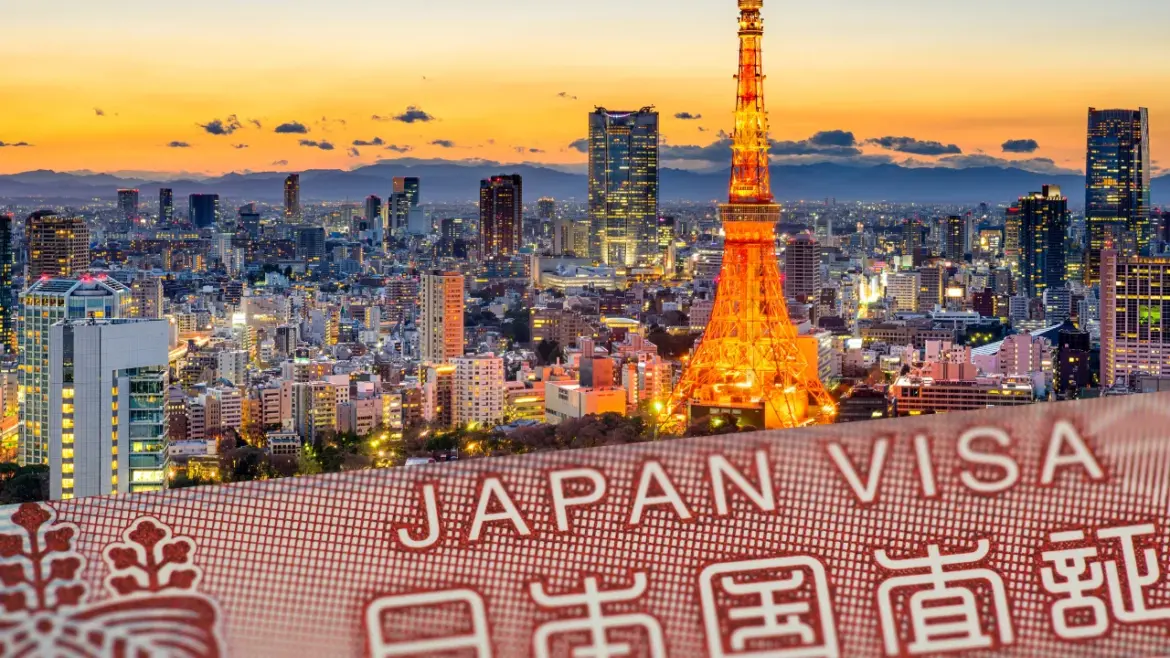
AloJapan.com